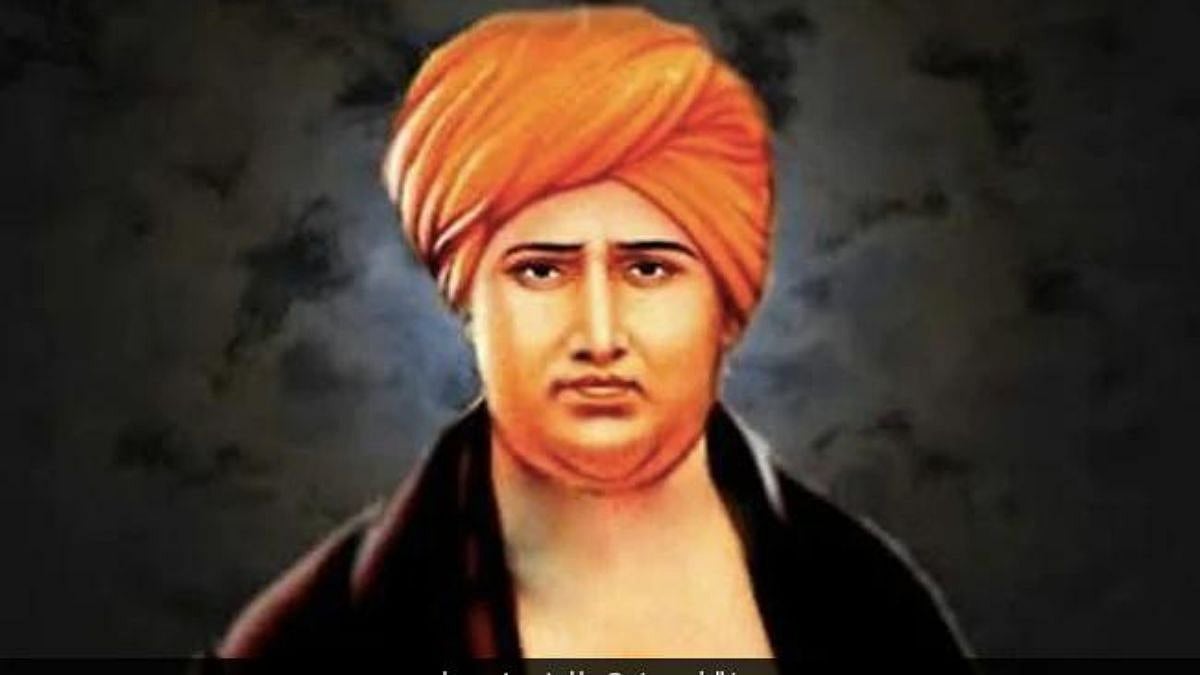In the 1800s, Arya Samaj was one of the Hindu organisations that strove to expand civil rights movements in India. The Arya Samaj was founded by Swami Dayanand Saraswathi.
His lessons are extremely important in today's environment. He was more than a religious leader; he had a tremendous impact on religion and Indian society.
Swami advocated universalism rather than any specific caste. The Samaj espoused principles and practises based on Vedic beliefs. It was the first Hindu body to implement proselytization. Converting people's religious or political ideas is referred to as proselytisation.
The Arya Samaj advocated for caste equality, widow remarriage, and women's empowerment.
Arya Samaj
In Sanskrit, Arya Samaj means Noble Society. Swami Dayananda Saraswati founded the Arya Samaj in Bombay, now known as Mumbai, in 1857 on April 10. The Samaj brought about significant changes in Indians' religious beliefs.
Mission of Arya Samaj
The Arya Samaj's purpose is to abolish poverty or indigence (Abhav), injustice (Anayay), and ignorance (Agyan) from the planet.
Furthermore, he devised 10 principles known as the Niyamas or principles. The four Vedas, Sam Veda, Rig Veda, Atharva Veda, and Yajur Veda, laid the groundwork for the Samaj path. Arya Samaj believes in a single God, known as "Om," who is Omniscient, Omnipresent, Omnipotent, and the source of all that is just and blissful, intelligent, and merciful. All of these are various names for the same thing: God - a universal truth.








